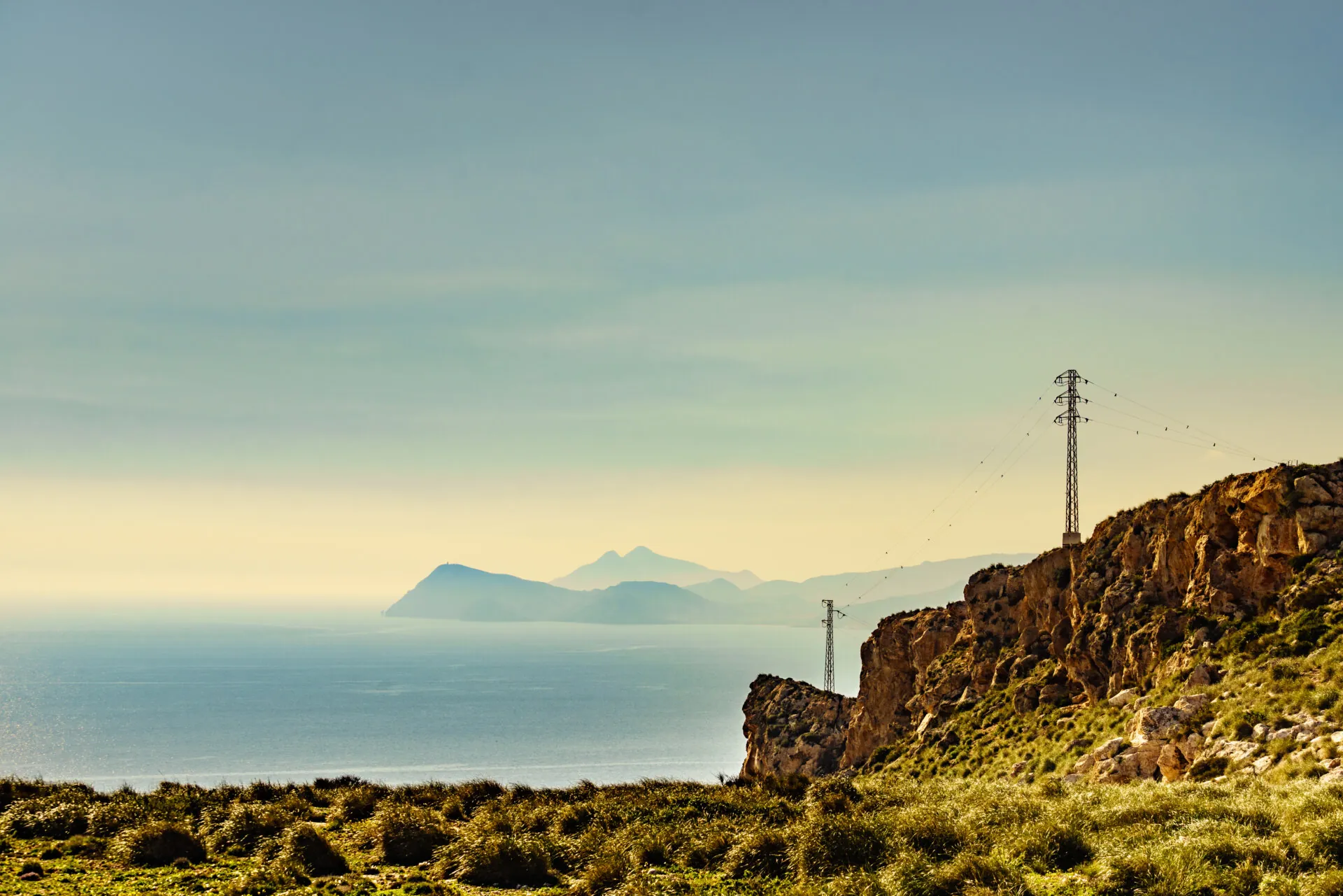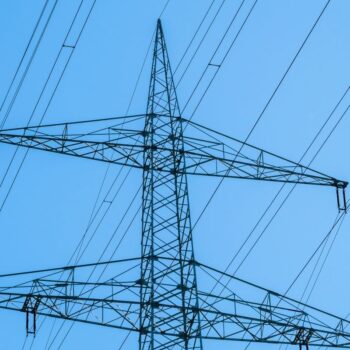The Iberian Peninsula power blackout sent shockwaves across Europe and globally. While the cause is under investigation, one thing is clear – EU leadership on grid resilience will improve long-term competitiveness and security.
For many years Spain and Portugal have seamlessly run on high volumes of renewables. In fact, renewables have met more than half of electricity demand in Portugal since 2013, and in Spain since 2021. In many ways Europe’s power grid is an engineering marvel – one of the most interconnected, yet reliable power systems in the world. While large-scale blackouts are remarkably rare, lessons from past incidents have led to stronger standards in modern electricity system operation, planning and governance. The EU should respond to the Iberian black-out with leadership and raise the standard for energy security in a renewables-based system.
The EU cannot afford to miss the competitiveness and security benefits of the energy transition. Across the continent, clean energy has been key in reducing dependence on volatile international gas markets, saving billions by avoiding fossil fuel imports. Electrification enables businesses to be less vulnerable to global fossil fuel supply shocks and increase industrial process efficiency. For citizens, electrified heating and buildings renovation can lead to an increase in disposable income. Unlocking their participation in the energy transition can also result in substantial benefits – including cost savings from smart and flexible consumption.
Market trends and global polls reveal sustained interest and strong growth prospects in clean energy and electrification investments. Citizens, businesses, industry and investors now need confidence in the path towards a more robust and resilient grid, able to adapt to the fast-paced changes in the energy landscape.
Developing these conditions will require new approaches to how electricity systems are governed, planned and operated, including:
- Sustained investment in grids modernisation and expansion, complemented by speedy integration of digital solutions for more resilient system operation;
- More transparent grids governance and market transformation to unlock the full potential of new storage, flexibility and renewable technologies, as recommended in E3G’s latest briefing;
- EU unity to prevent system breakdowns, with better interconnectivity providing improved resilience to address disruptive events.
Just days before the blackout, the global Summit on the Future of Energy Security hosted by the IEA and UK emphasized the crucial role of grids and the critical leadership role of policymakers in providing long-term vision, strategic planning and driving regulatory reform to unlock investment.
This is no time to shy away. Other regions in the world are watching the solutions, innovations and lessons that can be learned from the Iberian Peninsula blackout. This is the moment for the EU to show global leadership by moving boldly forward with the energy transition and developing a new set of security standards for an electrified and decarbonised economy.


